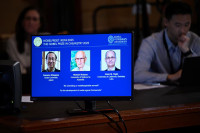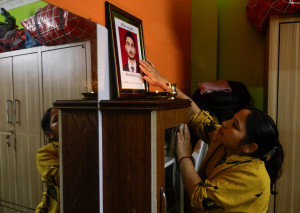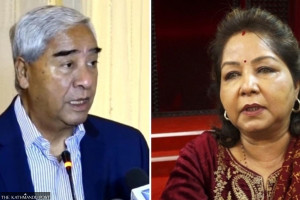World
Miss Japan won by half Indian Priyanka Yoshikawa
A half-Indian woman was on Monday crowned Miss Japan, the second year in a row a biracial person has won the beauty pageant.
BBC
A half-Indian woman was on Monday crowned Miss Japan, the second year in a row a biracial person has won the beauty pageant.
Priyanka Yoshikawa, 22 and who also has an elephant training license, said she would use her win to "change perceptions".
Last year's Miss Japan, Ariana Miyamoto was the first mixed-race person to win the pageant.
Critics complained then that a "pure" Japanese should have won.
Only about 2% of babies born every year are biracial, or "haafu", the Japanese word for half.
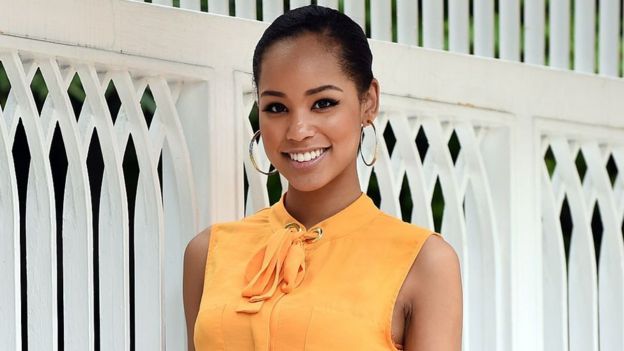
"We are Japanese," Ms Yoshikawa told news outlet AFP. "Yes, my dad is Indian and I'm proud of it, I'm proud that I have Indian in me. But that doesn't mean I'm not Japanese."
She credited her win to Ms Miyamoto, saying she had helped show "mixed girls the way".
"Before Ariana, haafu girls couldn't represent Japan," said Ms Yoshikawa. "That's what I thought too. Ariana encouraged me a lot by showing me and all mixed girls the way."
"I know a lot of people who are haafu and suffer," she said. "When I came back to Japan, everyone thought I was a germ."
"Like if they touched me they would be touching something bad. But I'm thankful because that made me really strong."
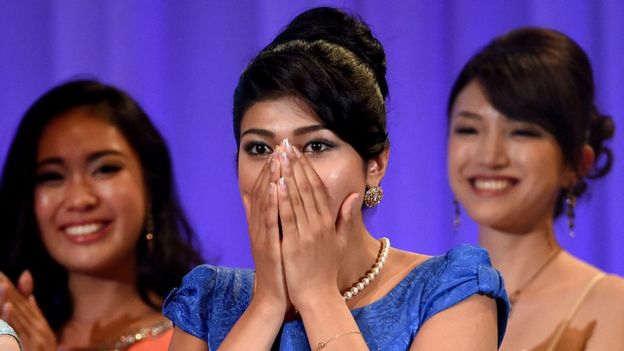
The pageant winner, also an avid kick-boxer and qualified elephant trainer, said that she hoped to change perceptions.
"When I'm abroad, people never ask me what mix I am. As Miss Japan, hopefully I can help change perceptions so that it can be the same here too."
'I feel Japanese'
Ms Yoshikawa's win did not trigger the backlash that Ms Miyamoto received on social media.
There were however, several on Twitter that expressed unhappiness.
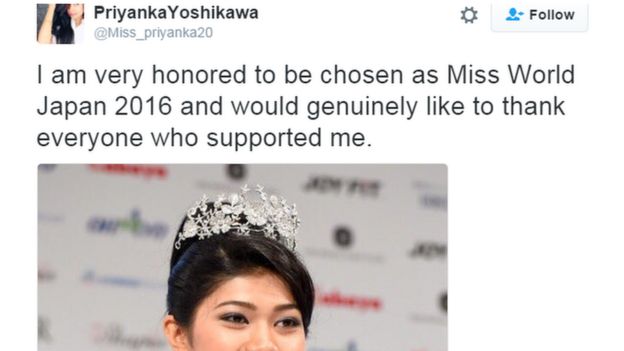
"It's like we're saying a pure Japanese face can't be a winner," said one user.
"What's the point of holding a pageant like this now? Zero national characteristics," another complained.
Ms Yoshikawa however, was not letting the doubters get to her.
"There was a time as a kid when I was confused about my identity," she said. "But I've lived in Japan so long now I feel Japanese."




 15.32°C Kathmandu
15.32°C Kathmandu